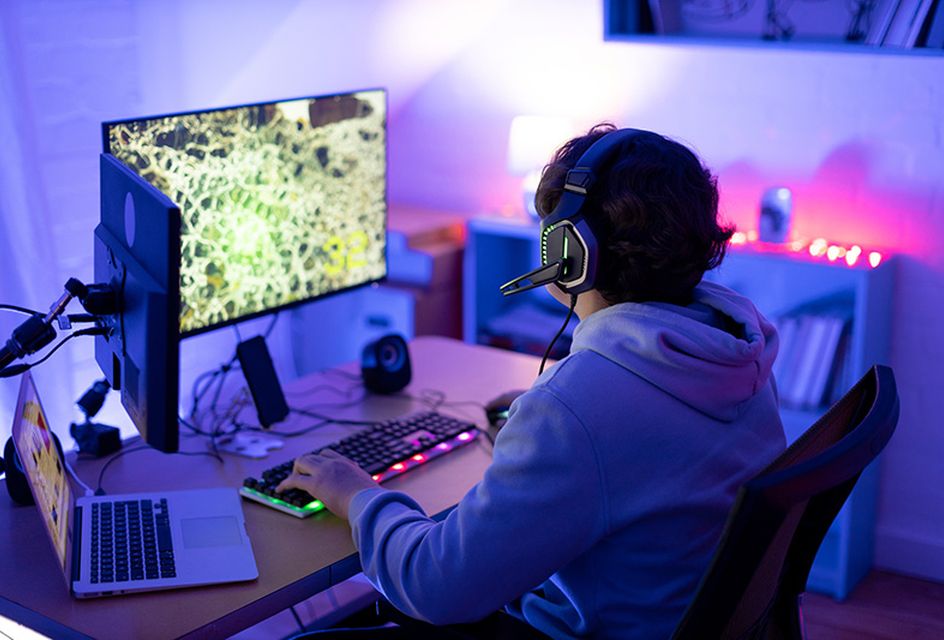Over 1 in 10 young gamers get into debt by buying loot boxes
Author: RSPH 23 December 2020 1 min read
The Gambling Health Alliance (GHA) have warned parents about the financial cost of video games containing paid-for loot boxes.

New research from the GHA has found that:
- Almost one in six (15%) young gamers had taken money from their parents without their permission to buy loots boxes;
- One in ten (11%) had used their parents’ credit or debit card to fund their loot box purchases;
- One in ten (9%) had borrowed money they couldn’t repay to spend on loot boxes;
- Three young gamers’ loot box buying habits resulted in their families having to re-mortgage their homes to cover the costs.
On top of the purchase price of the game, which is on average £35, almost one in four (22%) respondents spent over £100 on loot boxes over the course of completing a game, suggesting young people are being set on a path to an expensive and potentially addictive habit this Christmas.
Many respondents felt loot boxes damaged their gaming experience, citing a number of factors, including:
- The games were ‘play to win’ - without spending heavily on loot boxes, it was impossible to play competitively;
- That the odds of getting valuable items were incredibly low, leaving them feeling frustrated and ripped off;
- The features surrounding the loot boxes, as well as the purpose they served in the game, made them especially addictive.
